Interest rates have always played a crucial role in shaping the property market, influencing both affordability and demand. As we enter 2025, investors must carefully assess the impact of fluctuating interest rates on their property investment strategies. Whether you’re a seasoned investor or just starting out, understanding the relationship between interest rates and property investment is key to making informed decisions.
The Link Between Interest Rates and Property Investment
Interest rates directly affect the cost of borrowing, which in turn influences property prices, rental yields, and overall investment returns. When rates are low, borrowing becomes cheaper, encouraging more people to invest in property. Conversely, when interest rates rise, mortgage costs increase, which can slow down property transactions and reduce profitability for investors.
In 2025, global economic shifts, inflation concerns, and central bank policies continue to drive interest rate decisions. Investors must remain agile and adapt their strategies accordingly.
How Rising Interest Rates Affect Property Investment
With interest rates expected to stabilise at higher levels than the ultra-low rates of previous years, property investors must consider several key factors:
1. Increased Mortgage Costs
Higher interest rates mean higher monthly mortgage repayments. This reduces the affordability of investment properties and may lead to slower market activity as investors reconsider their financing options. Those relying on high levels of leverage must carefully evaluate their repayment capacity to avoid financial strain.
2. Property Price Adjustments
Historically, rising interest rates tend to cool property price growth. In 2025, investors might see a slowdown in price increases or even slight declines in certain markets. This presents opportunities for cash buyers or investors with strong financial reserves to acquire properties at a lower cost.
3. Shift Towards Rental Markets
As mortgage affordability decreases, many potential homebuyers will delay purchasing, leading to a stronger demand for rental properties. This benefits buy-to-let investors, who may see increased rental yields due to higher demand. However, they must also factor in higher financing costs when assessing profitability.
4. Refinancing Challenges
Investors with existing properties on variable-rate mortgages may face increased costs as rates rise. Those looking to refinance must consider locking in competitive fixed rates to mitigate future risks. Smart investors are already reviewing their mortgage terms and exploring options to secure the best possible financing deals.
Investment Strategies for 2025
Given the evolving interest rate landscape, investors should adopt strategies that help them navigate potential challenges and capitalise on new opportunities.
1. Focus on High-Yield Locations
With borrowing costs rising, investors should target properties in areas with strong rental demand and high yields. Locations with growing employment sectors, transport improvements, or regeneration projects are likely to remain attractive.
2. Consider Fixed-Rate Mortgages
Locking in a fixed mortgage rate can provide stability in an uncertain rate environment. While fixed-rate loans might initially be higher than variable ones, they protect against future increases, ensuring predictable cash flow.
3. Diversify Your Investment Portfolio
Investors should explore alternative property types, such as student housing, co-living spaces, or serviced apartments. These sectors often provide higher returns and can offer some protection against market fluctuations.
4. Leverage Technology and Market Data
Staying informed through property market analytics, interest rate forecasts, and investment tools can give investors an edge. Using digital platforms to compare mortgage rates and track property performance ensures better decision-making.
Interest rates will remain a defining factor in property investment throughout 2025. While higher rates pose challenges, they also present opportunities for savvy investors who adapt their strategies to the changing market conditions. By focusing on high-yield investments, securing favourable financing, and staying informed, property investors can continue to build successful portfolios despite economic fluctuations. Contact us for more information.




